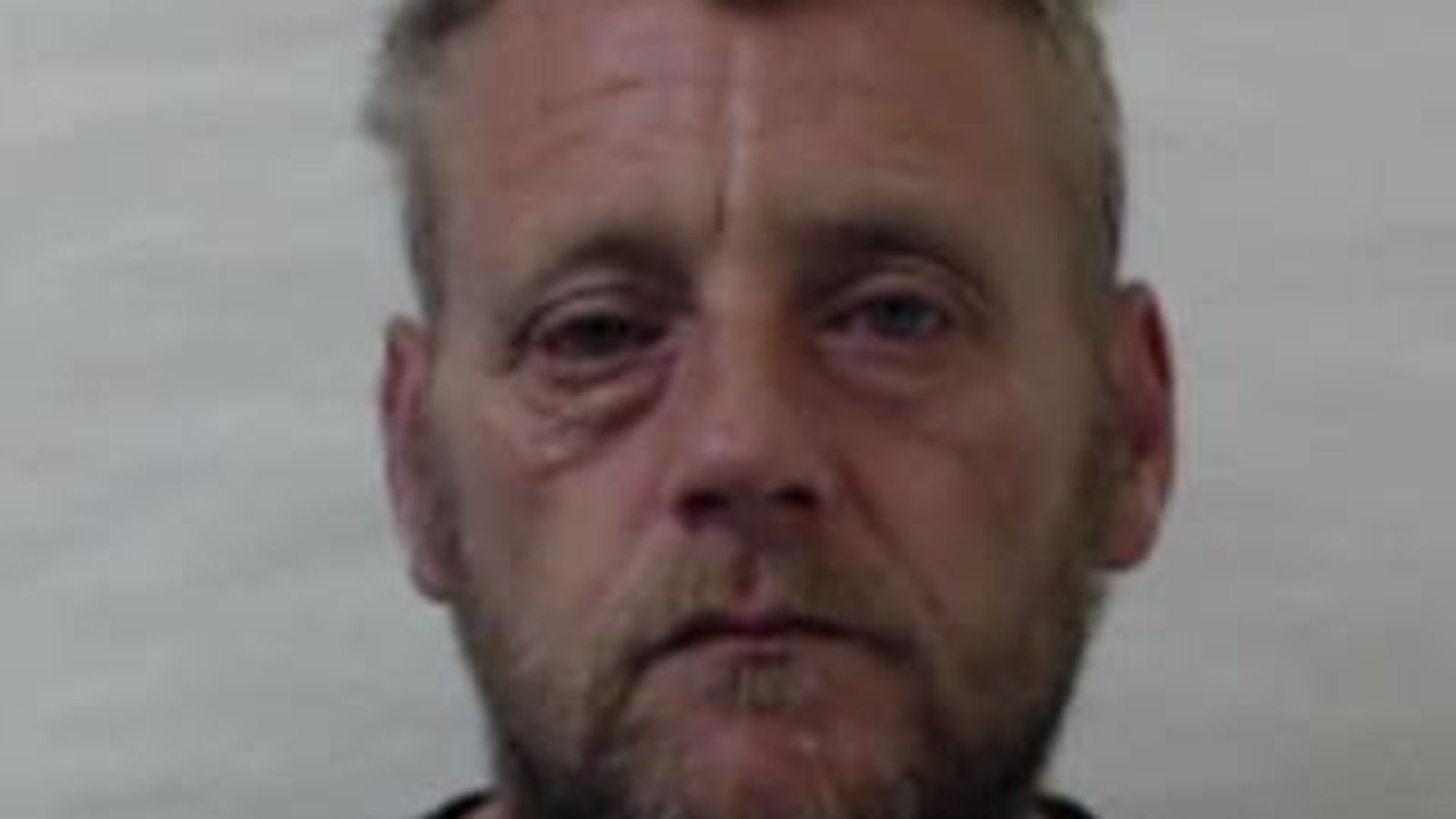A coroner has criticised Qatari authorities for their “limited assistance” in his inquiry into the death of a British woman killed in a hit-and-run car crash in Doha.
Rafaelle Tsakanika, 21, from Cambridge, was a passenger in a vehicle that lost control and overturned after being struck from behind by a second vehicle travelling at “excess speed” on 30 March 2019.
Rafaelle, known as Raffy, was living in Qatar with her family because her stepfather was a construction specialist working on the building of World Cup stadia.
Coroner Simon Milburn concluded that she died as a result of a road traffic collision, but he could not give an exact time or place of death because of “the limited assistance offered by the Qatari authorities”.
He said this was “either because a full forensic investigation was never carried out or, if it was, the results of that investigation have never been provided to this court or to Raffy’s family”.
Mr Milburn said that “potential interested parties based in Qatar have taken no part in these proceedings… in spite of engagement”.
During the hearing, a number of witness statements were read out to the court, provided by the Qatari authorities, that the coroner described as “without exception brief and lacking in significant detail”.
‘Everyone wants to sign Bellingham’: Qatari PSG owner hails England’s World Cup star
Samuel Eto’o apologises for kneeing man in face outside World Cup stadium in Qatar
World Cup winners with the ‘best player on the planet’: Everything you need to know about England’s quarter-final rivals
The court heard that the driver of a white Toyota Land Cruiser, Mubarak Al Hajri, had been clocked driving at speeds of 119mph before he hit Raffy’s grey Toyota Land Cruiser, on a road where the speed limit was 75mph.
Al Hajri claimed that he took a call from his wife and was “speeding up in fear of his son” who “lacked oxygen”. He admitted hitting a barrier, but not Raffy’s vehicle and he failed to stop at the scene.
Raffy died from traumatic head and abdominal injuries, and her friend, a Qatari national who was driving, was seriously injured.
Raffy’s mother, Jo Sullivan, and her stepfather Donal went to search for her after they realised she hadn’t returned home the following morning.
Mr Sullivan told the court that they immediately went to police for help but were “pushed around from pillar to post” and decided to go to the hospital after having a “bad feeling”.
After finding no information there, they went to the hospital morgue where they saw a picture of Raffy’s passport on a desk and were taken to identify her.
Mr Sullivan said they did not receive a “consistent approach” from police, felt they “were being guarded from the processes and the truths” and they “didn’t trust anybody”.
Raffy’s mother Jo paid tribute to her “beautiful, loving and caring” daughter. She described her as “the best daughter she could have been gifted”, adding she was “deeply missed”.
She also criticised Qatari authorities, saying they did not “place any value on human life”, and described the way they had been treated as “horrendous”.
She told Sky News: “Having supported that awful country as they were attempting to join the global stage as a major player, I cannot believe the way the Qataris treated us from the moment we found Raffy dead in the hospital mortuary ourselves, with no one in authority offering to help us when she went missing.
“What kind of country would make parents scour hospital wards themselves to find their missing daughter.
“The final straw however in our misery was the Qataris not helping the coroner with his inquiry. The Qataris seem determined to condemn us to a lifetime of not knowing how Raffy died.
“All I can do now is warn the world what this country is really like as they try to persuade us all to treat them like a real member of the international community. No decent country treats human beings this way.”
The family’s spokesperson, Radd Seiger said: “It appears, like all the thousands of construction site deaths which they do not bother to investigate, the Qataris treat road collisions involving fatalities the same way. Any country that behaves this way is simply not safe to visit.
He said he was “shocked” that the UK government had not tried to “rectify the situation” and called on Foreign Secretary James Cleverly to meet the family.
An FCDO spokesperson said: “We provided assistance to the family of a British woman who died in Doha in 2019.”
The Qatari authorities have not responded to a Sky News request for comment.
The court heard that Mr Al Hajri was “subject to prosecution in Qatar”, but Raffy’s family told Sky News they had received no evidence that he had served any sentence.





